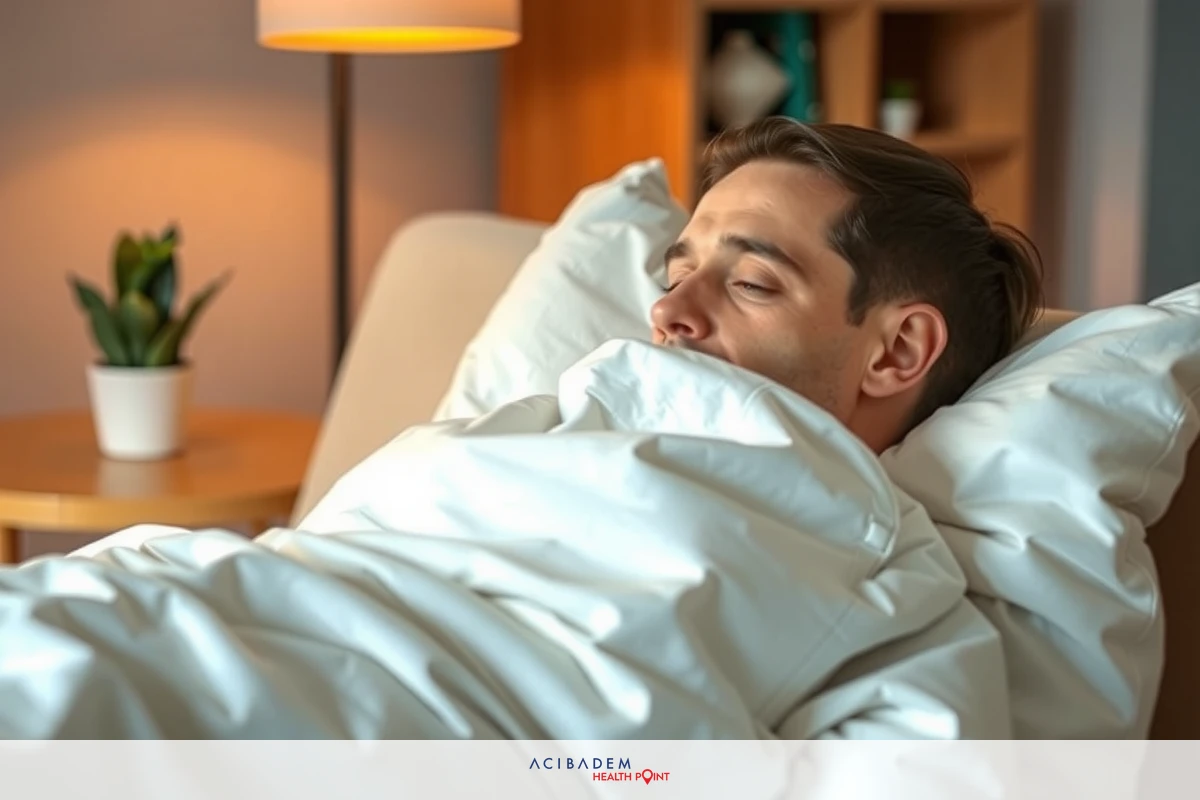How Long is Your Nose Blocked After Rhinoplasty?
How Long is Your Nose Blocked After Rhinoplasty? Engaging in rhinoplasty, or any surgical intervention for that matter, invariably comes with a recovery period. This stage often includes discomforts such as nose blockage which can persist for some time after the procedure. While most patients expect this to be part of their journey towards improved physical appearance and better breathing capabilities, questions about its duration are quite common.
The factors contributing to post-rhinoplasty nose blockage becomes crucial to managing expectations and easing anxieties. These may include swelling from surgical manipulation or packing materials used during the operation among others. Equally important is knowing effective strategies to alleviate discomfort associated with it while facilitating overall healing.
The subsequent sections offer insights on these concerns – why nose blockage happens after rhinoplasty, how long it typically lasts, and practical tips for relief during your recovery period. By providing clarity on these areas, we hope you find reassurance in navigating this phase of your transformative journey.
Causes of Nose Blockage
Rhinoplasty is a surgical procedure that reshapes the nose for cosmetic or functional reasons. However, it’s not without side effects. One common post-operative experience for patients is nose blockage, which occurs due to various factors linked to the surgery and recovery process.
In the immediate aftermath of rhinoplasty, swelling inside your nasal passages can be a significant cause of blockage. The body naturally responds to trauma caused by surgery with inflammation and fluid buildup, leading to temporary congestion in your nose. This reaction helps protect delicate tissues during healing but can also obstruct airflow temporarily.
Another factor contributing to post-rhinoplasty nose blockage stems from the use of packing materials during surgery. Surgeons often insert gauze or soft silicone splints into the nasal cavity after rhinoplasty as a means to support newly adjusted structures while minimizing bleeding risks. While these materials aid recovery, they may limit airflow until removed typically within one week following surgery.
Beyond physical obstructions like swelling and packing materials, changes in breathing habits can also contribute indirectly towards perceived nose blockage after rhinoplasty. Patients may find themselves breathing through their mouths more frequently due discomfort associated with trying to breathe through congested nostrils.
Understanding these causes enables patients undergoing rhinoplasty better prepare for their recovery time ahead knowing what contributes toward their feelings of blocked noses post-surgery.
Duration of Nose Blockage
While it is clear that nose blockage after rhinoplasty surgery occurs for various reasons, understanding how long this condition lasts can be a source of comfort to patients. The duration of nasal congestion post-rhinoplasty isn’t fixed as it depends largely on individual healing processes and the specifics of each surgical procedure.
In the initial days following surgery, patients often experience significant nose blockage due to inflammation and packing materials used during operation. Typically, surgeons remove these materials within a week post-surgery. Once removed, there’s usually an immediate relief from intense congestion although some degree of swelling induced blockage may still persist.
The remaining internal swelling continues to subside over weeks or even months following rhinoplasty but most

individuals find their breathing significantly improved by two weeks post-operation. It’s important to note however that while major swelling resolves within this period, minor residual swelling could last up to six months before completely clearing up.
Naturally, every patient’s journey is unique with their specific circumstances influencing recovery times including overall health status at time of surgery and adherence to aftercare instructions among others. Therefore while we’ve provided general timelines here based on averages seen in past cases they should serve only as rough guides not absolute timelines for all patients undergoing rhinoplasty.
By gaining insights into likely durations for your nose blockage symptoms during the healing process, you can better manage expectations about your recovery from rhinoplasty allowing you focus more on looking forward towards enjoying its benefits once fully healed.
Tips for Relieving Nose Blockage
While nose blockage after rhinoplasty is a common part of the post-surgery experience, it doesn’t have to be entirely uncomfortable. There are several steps you can take to alleviate this discomfort and facilitate smoother breathing during your recovery period.
In the first few days following surgery when nose blockage is most intense due to surgical packing materials and inflammation, practicing patience becomes essential. Indeed, it may seem counterintuitive as a tip for relieving congestion but recognizing that these factors are temporary aids in managing initial discomfort better.
After this initial phase, here’s what you can do:
- Elevate Your Head: Keeping your head elevated while sleeping or resting helps reduce swelling thereby easing congestion.
- Stay Hydrated: Drinking plenty of fluids keeps mucus thin aiding its expulsion from nasal passages which improves breathing.
- Use a Humidifier: Dry air can exacerbate feelings of blockage; using a humidifier reintroduces moisture into the air promoting more comfortable breathing.
- Avoid Blowing Your Nose: While tempting, blowing could disrupt healing tissues instead gently clean around nostrils with damp cotton swabs if necessary.
- Adhere Strictly To Medication Regime: Follow prescribed medication schedules diligently especially if decongestants or steroids have been recommended by your doctor.
- Practice Breathing Exercises (If Advised By Doctor): Certain controlled deep-breathing exercises might be beneficial in improving airflow through nasal passages albeit under guided supervision so as not to stress healing structures unduly.
Remember each person’s recovery journey varies making some tips more effective than others depending on individual circumstances thus always consult with your surgeon before adopting any measures beyond those initially recommended post operation.
By implementing these strategies alongside professional medical advice, navigating through post-rhinoplasty nose blockage becomes significantly less daunting allowing patients focus better on their healing and recovery.
How Long is Your Nose Blocked After Rhinoplasty? :Frequently Asked Questions
How soon after rhinoplasty can I expect my nose blockage to start decreasing? A: Generally, once the packing materials used during surgery are removed (typically
Generally, once the packing materials used during surgery are removed (typically within a week), patients usually experience some relief from intense congestion. However, swelling-induced blockage may persist for a few weeks.
Will blowing my nose help with post-rhinoplasty blockage?
It might seem like a logical solution, but it's not advisable to blow your nose in the initial weeks following surgery as this could disrupt healing tissues. Instead, if necessary, gently clean around nostrils using damp cotton swabs.
It might seem like a logical solution, but it's not advisable to blow your nose in the initial weeks following surgery as this could disrupt healing tissues. Instead, if necessary, gently clean around nostrils using damp cotton swabs.
There are several strategies you can employ at home such as keeping your head elevated while resting or sleeping and staying hydrated which helps keep mucus thin thus improving breathing. Using a humidifier is also beneficial in adding moisture back into dry air thereby promoting more comfortable breathing.
Can I perform deep-breathing exercises to improve airflow through blocked nasal passages?
Certain controlled deep-breathing techniques might be beneficial but should be performed under guided supervision so as not to stress healing structures unduly. Always consult with your surgeon before adopting such measures beyond their recommended post-operation care instructions.











